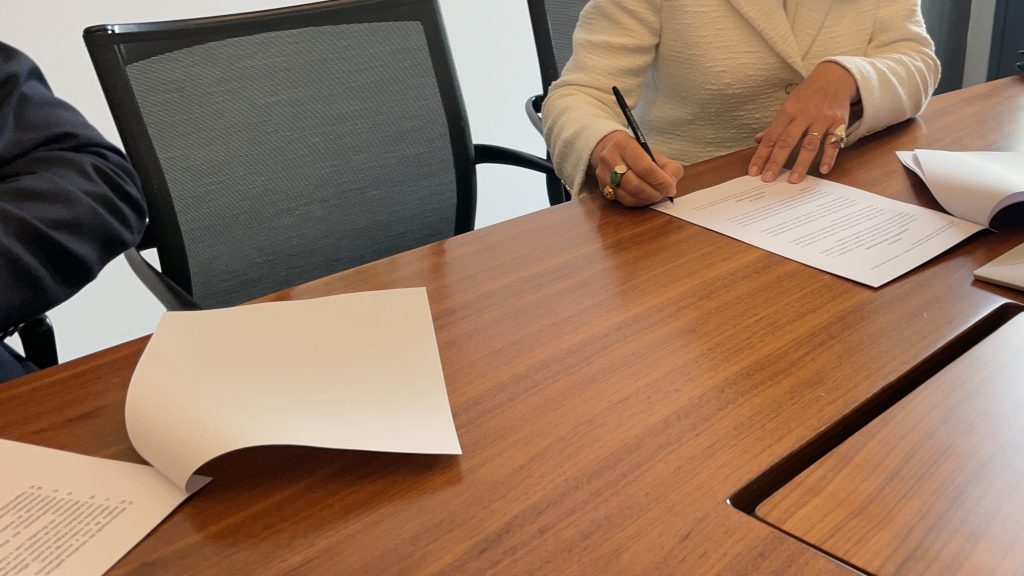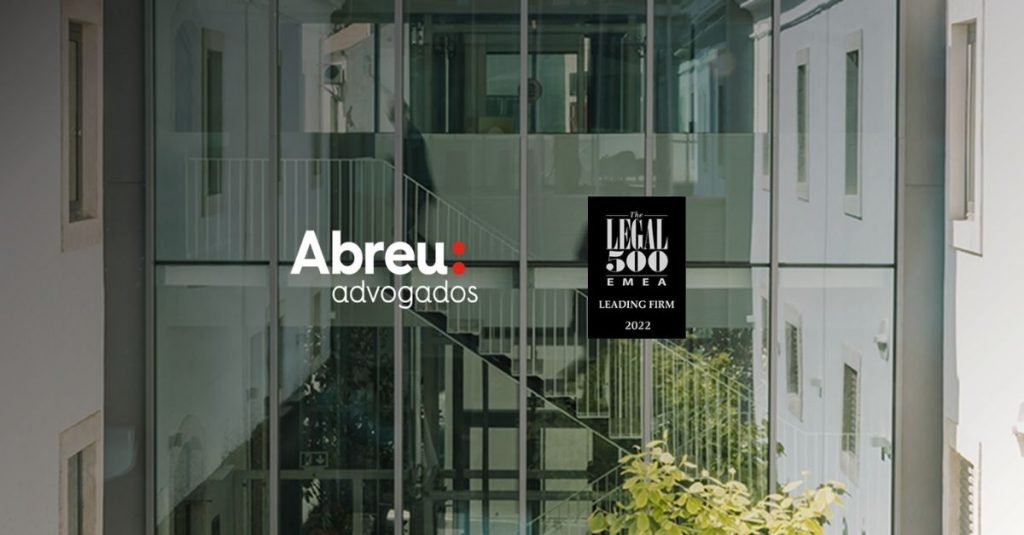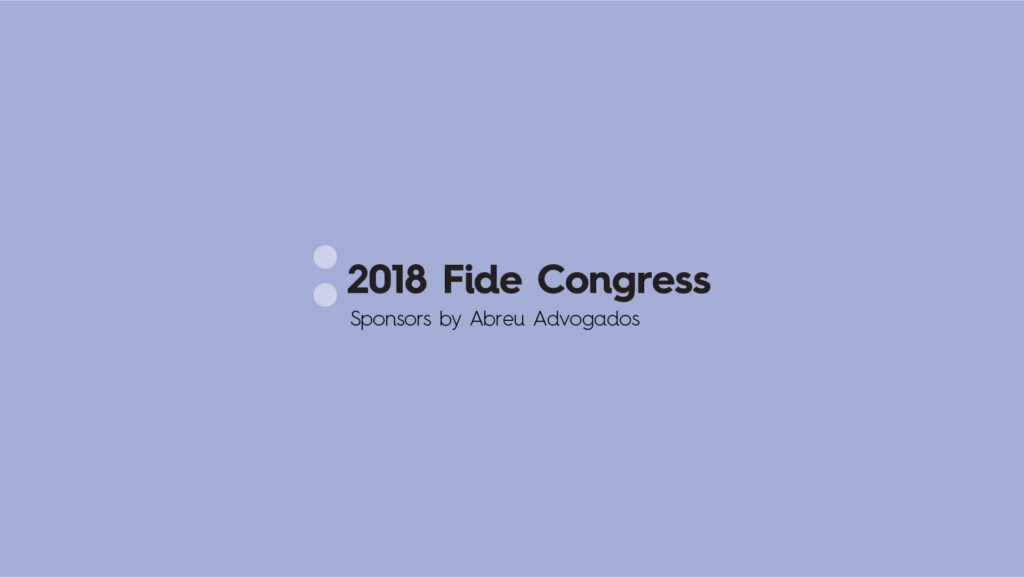29.01.2024
Practice Areas: Competition, Regulatory and EU
Competition and Electric Mobility in Portugal
Sustainability and the energy market have been the focus of various legislative innovations at the European and institutional level and are undoubtedly one of the Portuguese Competition Authority (“PCA”) priorities.
According to the Communication 03/2024, of 22 January 2024, within the scope of its regulatory and supervisory powers, and having analysed the conditions of competition in the electric mobility sector, the Competition Authority identified several barriers to entry into the market for the installation and operation of charging points, which it considers could jeopardise the development of an electric mobility network with adequate, efficient and competitive coverage. Following this analysis, the PCA issued a package of recommendations, addressed to the government and municipalities, concerning the organisational model of electric mobility, the consumer experience and the general conditions of the contract for joining the electric mobility network.
These proposed measures are central to the sector’s regulatory and legal-competitive model and correspond to a broad vision of the PCA’s strategy and positioning in this market.
In addition to the legal barriers to accessing this market, the Competition Authority also identified the following structural barriers to entry:
- The Competition Authority considered that the current organisational model for electric mobility, which integrates vehicle charging point operators (“CPOs”) and electric mobility suppliers (“EMSP”), is highly complex, and requires additional data collection for billing between the different agents, making it difficult to integrate new operators;
- The PCA identified challenges on the demand side, considering that electric vehicle users have reduced access to payment (in particular, to means of payment and the possibility of ad hoc top-ups) and price comparability;
- The Competition Authority also identified the existence of a high geographical asymmetry in network coverage, with lower density in interior regions;
- With regard to motorways, the charging point operating model stands out for the flexibility granted to companies with petrol station sub-concessions to change their title, to include the operation of charging points. The PCA considered, however, that this adaptation imposes an additional restriction on the entry of new players into the market.
In view of the barriers identified, the Competition Authority made the following recommendations to the Government and Municipalities:
- Simplification of the organisational model for electric mobility, whereby the charging service would be purchased from the CPOs, without recourse to a prior contract with an EMSP, without the need for a digital application and with a price freely determined by the CPOs;
- Simplification of the payment method at publicly accessible charging points, which would imply obligations on the part of the CPOs associated with a charging service purchased by an end user without the need for that user to register, enter into a written contract or establish a commercial relationship with them;
- Evaluation of the system of guarantees to be provided by various agents to the Electric Mobility Network Management Entity (“EGME”), with a view to reducing the exposure of the system and consumers to the financial risk of active agents;
- Revoking the possibility of extending (sub)concession contracts in service areas without a public tender, especially with regard to the installation and operation of charging points on motorways;
- Promoting the allocation of rights to install and operate charging points in (sub)concession contracts in service areas through competitive mechanisms, with the possibility of different CPOs coexisting in the service area in question;
- Allow EMSPs or CPOs to contract electricity to any economic agent that commercialises it;
- Promoting regional development of the electric mobility network to mitigate regional differentiation.
This package of measures and the basic considerations were submitted to public consultation, and the period for submitting comments to the Portuguese Competition Authority regarding the results of this analysis on Competition and Electric Mobility in Portugal is open until 1 March 2024.
Abreu Advogados offers specialised technical support services to those interested in submitting comments to the Competition Authority.















































